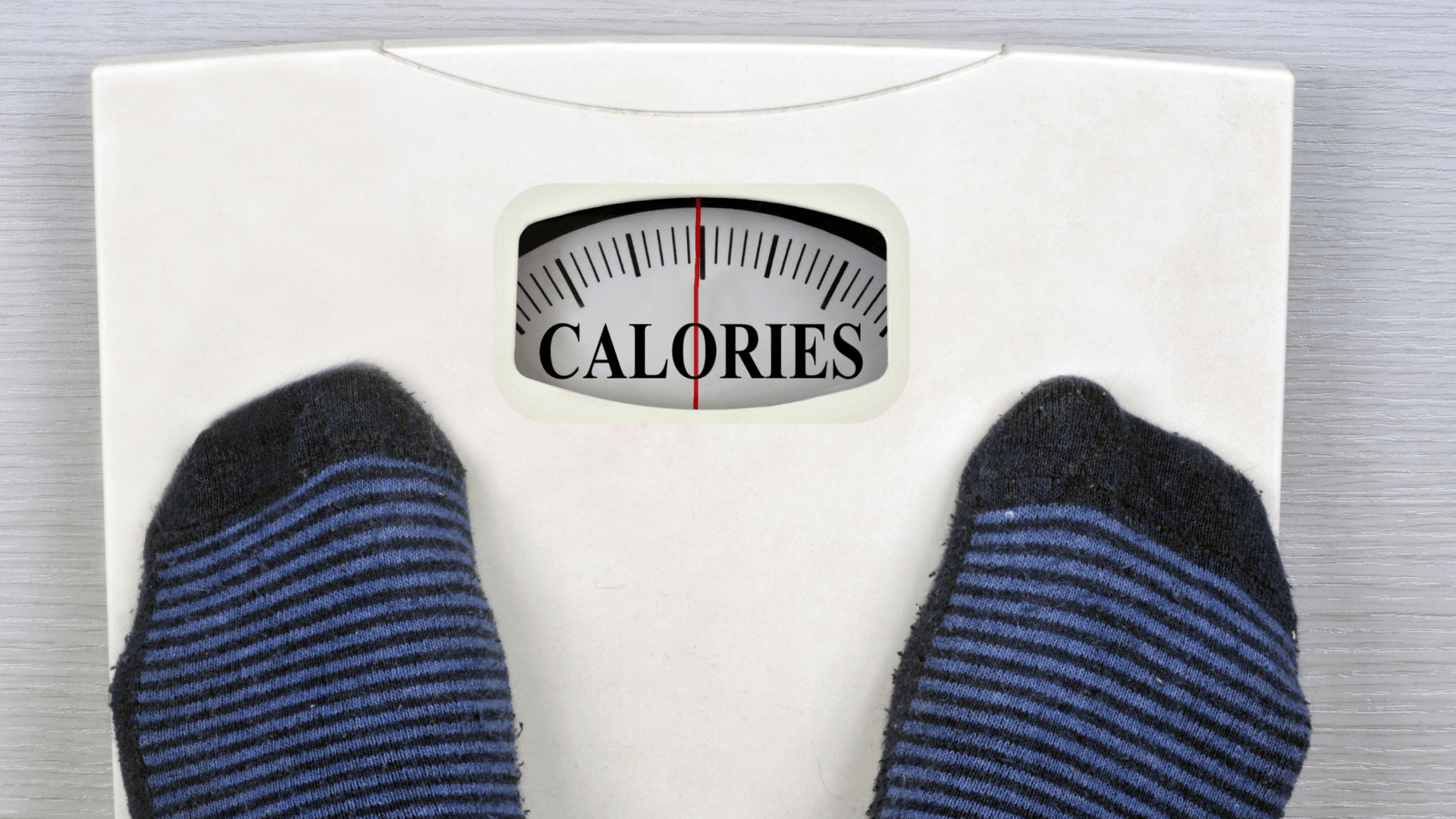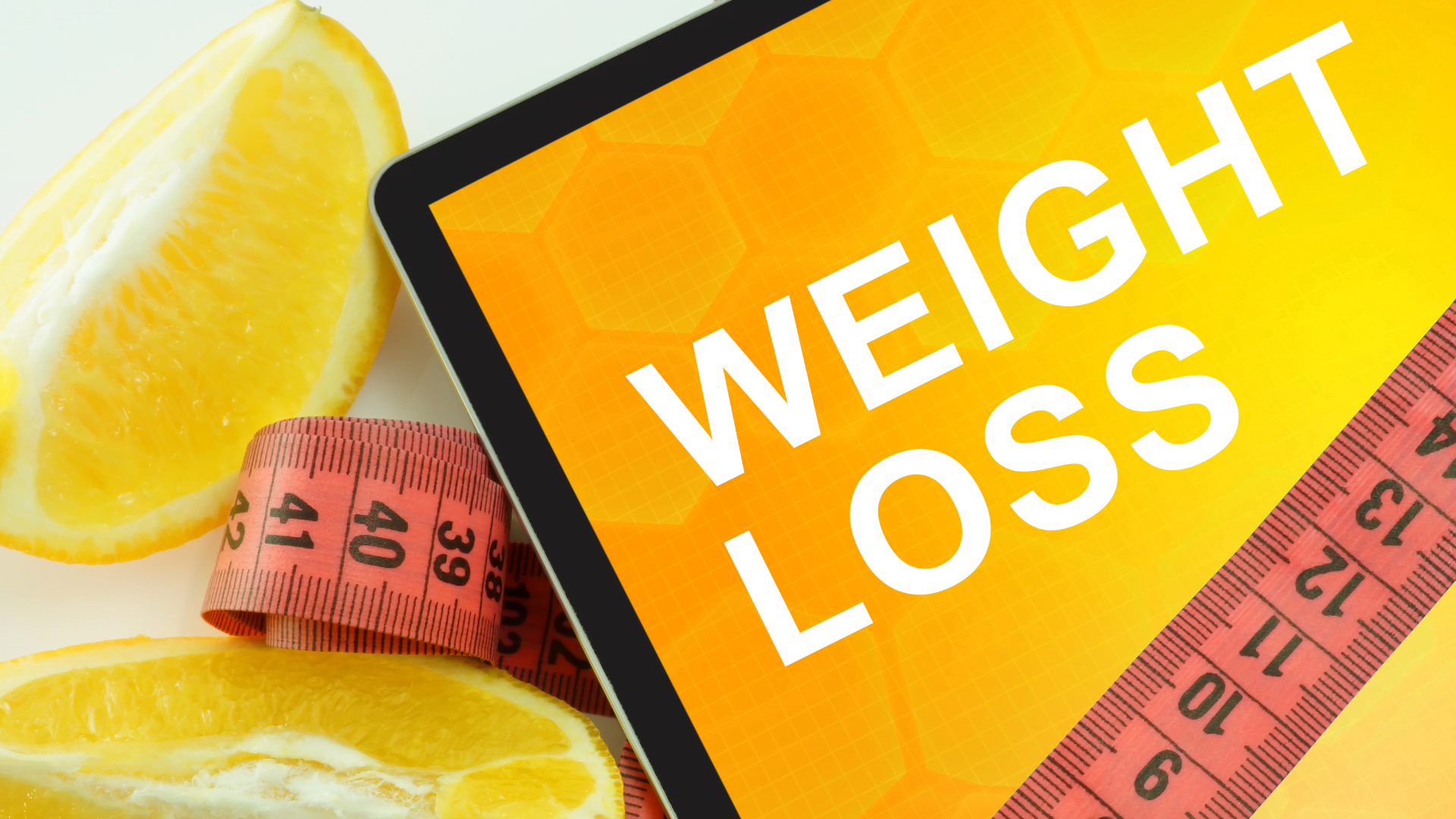How many times have you tried to lose weight? Did it work? Did you achieve your weight goal and sustain it permanently?
If yes, congratulations! You don’t need to read this article.
But if you answered no, I feel you. I struggled losing weight for three years after giving birth. Only after I understood calories did I manage to enjoy permanent weight loss.
Indeed, the most common reason for not losing weight even if you’ve been dieting and exercising is that you don’t know the numbers involved.
The fact is, you can only lose weight if the calories from the food you eat is lesser than the calories you burn, and calories are your numbers. If you want to learn more about calories and weight loss, please read my post “Weight Loss: What You Need To Know FIRST”.
As the saying goes, “Numbers don’t lie”. If you can see the number of your calories and how they are affecting your weight and general well-being, you’ll be able to really know your body and your daily habits more.
And when you change your daily habits as you track your numbers, the most beautiful thing happens: you develop new helpful habits that will lead you to the weight and health that you desire, permanently.
Normally, you’ll have to pay a health coach or fitness coach to give you these numbers. It’s great if you can find an affordable and reliable weight loss coach to help you, but you can also learn how to do it yourself. I’ll teach you how I did it.
First, you need to know how much calories you need.
What’s Your Calorie Requirement?
On average, adult men need 2,500 calories from food per day, and women need 2,000 calories per day.
However, various factors can increase or decrease that requirement, such as your age, your metabolism, your level of physical activity at work and how often you exercise.
For example, your calorie requirement would be very different from that of an athlete who’s the same gender, height and age as you. Your calorie requirement when you had a very active lifestyle would be different now if your lifestyle has changed into a sedentary one.
Click the link below to compute your calorie requirement that will help you meet your weight goal considering the factors above. It will show you how much carbs, protein and fat you need in terms of calories and portion size. It will also give you a guide that you can print and email to yourself.
Click here to access Precision Nutrition’s calorie calculator to meet your daily goal. (link – https://www.precisionnutrition.com/nutrition-calculator )
Next, you need to start tracking your daily calorie and weekly calorie intake.
Tracking Your Calorie Intake
(1) Read food labels before you buy them and before you eat them.
Reading labels is very important. Look at the calories per serving. Sometimes, “kcal” or “kJ” is used. I prefer using calories/kcal (which are used interchangeably).


Reading labels will make you more aware of whether your meals, snacks and drinks will take you closer or farther from your desired weight. It can help you make better decisions in the food you buy and eat, as well as portion sizes.
(2) Know how much calories are in your meals, snacks and drinks.
There are plenty of food that don’t have calorie labels on them, such as the curry you’ve just cooked. You can check the number of calories in your food by using calorie counter apps and various sites on Google, or you can buy a food composition book.
Click on the link below to go to one of my favorite sites that will show you how much calories are in your food, and how much physical activity you’ll need to burn those calories.
Check the calories in your food via Nutritionix database. (link – https://www.nutritionix.com )
If you know, for example, that the one medium donut has about 250 calories which would need about 68 minutes of walking just to burn it, you might just skip the donut, particularly if you’re not hungry, or you can choose a healthier alternative.
I’m not saying you should never eat donuts and other things you love. Weight loss will be very difficult if you have to ban everything you love from your life.
But if you are more mindful of how much calories are in the donut, you can make necessary adjustments in your other food intake and your movement, or it can even give you second thoughts about the donut, especially since you are more aware that you’re having sugar.

(3) Know your daily calorie intake.
You can write down the individual food and corresponding calories and get your total calorie intake for the day, or you can use online calorie counters and mobile apps, such as the ones mentioned here. ( link – https://www.healthline.com/nutrition/5-best-calorie-counters#section6 )
One example is myfitnesspal.com, which also has a mobile app. You can enter your food, select it from the database, and it will automatically compute the calories for you.
Click here to access your free daily calorie counter from myfitnesspal.com. (link – https://www.myfitnesspal.com/ )

Various users contribute to the database so you may find different calorie counts, but if you’re unsure which one is correct, you can double check it with other calorie counters such as Nutritionix.
Looking at the total calories weekly is better than daily to make room for adjustments in case there are social occasions or you ate more on a specific day for whatever reason. But remember that, although occasional single large meals won’t make you gain weight significantly, habitual large meals do.
Tracking The Calories You Burn
Based on your gender, age, height, weight and level of physical activity, you can estimate the calories that you burn using this calculator. (link – https://tdeecalculator.net/ )
You can also use a wearable fitness tracker and mobile app to help you track the calories you burn each day. These fitness trackers are not accurate and can even have up to 25% margin of error when telling you how much you burned.
Nevertheless, they can give you estimates and can give you an idea if you’re moving more, so it’s still a great tool to have.
If you don’t like wearing it on your wrist such as Fitbit, try something on your finger, such as Oura ring. I have both and I prefer wearing the ring.
Food And Movement Diary
Having a food and movement diary is not necessary, but if you’ve really been struggling to lose weight, I highly recommend having one.
Writing down your weight loss numbers would greatly help you in being more mindful of your eating habits and movement. If you are writing down what you’ve eaten, you’re able to reflect better on your food choices, and this can help you make better decisions in the next days.
It will also help you uncover any unhelpful habits and attitude towards food and movement. You’ll be able to pinpoint faster what’s helping you and what’s not.
Having these information on your food and movement diary would be very handy:
Date and time
- Individual food and portion sizein your meals, snacks and drinks
- Hunger levelbefore you ate (1-10, 10 being very hungry)
- Physical activity(what kind and how long)
- Whereit happened (at work, at home, with friends?)
- Total caloriesfrom your food intake (use the calorie calculators online, such myfitnesspal or Nutritionix)
- Calories burnedbased on your your fitness tracker
- Notes(your mood, what happened in your life or work, or why you ate even if you’re not hungry, the number of hours you’ve slept the previous night, etc.)
- Total calorie intakefor the week
- Total calorie burnedfor the week
- Your weekly weight and waist circumference taken on the same time and day of the week
- Weekly change in weight
It’s Worth Trying
Does calorie tracking sound tedious to you? I feel you. That’s what I thought the first time I learned about calorie counting.
I used to count my calories manually using a calculator, pen and paper (I computed the calories per gram of carbohydrate, protein and fat in each food). That was quite tedious.
But now, it’s so much easier because of the websites, apps and wearables, such as the ones I mentioned above. Give it a try.
You don’t need to count calories forever. Once you have a good idea of how much calories are in your food because of your experience in calorie counting, it will be easier for you to assess the right portion size for you without looking at the calorie count anymore. The same goes for tracking the calories you burn.
If, for any reason, you find calorie tracking very difficult and unsustainable after giving it a try, don’t worry and don’t feel bad. You still have plenty of other helpful habits you can develop to achieve weight loss. Check out my post on helpful eating habits that will help you lose weight and maintain your desired weight.
Choose At Least One Simple Habit You Can Start Now
My goal is to inspire you to develop simple health habits one at a time. You’ll be surprised to see how your new habit will eventually make you feel better about your health and about yourself.
Your habits also have a compounding effect, and they’ll lead you to the kind of health and the kind of life that you’ll have 20, 30, 50 years from now. It would be great if you work towards the kind of health you want to enjoy in your retirement years.
Which one of these would you like to start with today?
- Know and remember your target calorie intake based on your weight loss goal.
- Read the labels of the food you buy and check the calories.
- Know how much total estimated calories are in your meals, drinks and snacks.
- Track your calorie intake versus your target intake.
- Track your movement and calories burned.
- Keep a food and movement diary.
Which new habit did you choose? Please let me know by commenting below. I’d also love to know your thoughts after reading my article.
References
“The Energy Plan” by James Collins (2019)
“Eat What You Like & Lose Weight For Life” by Grame Tomlinson (2020)
“Not A Diet Book: Lose Fat. Gain Confidence. Transform Your Life” by James Smith (2020)










